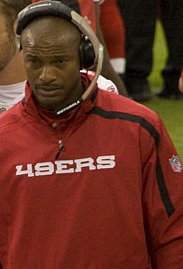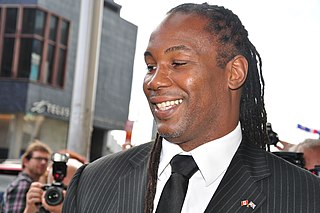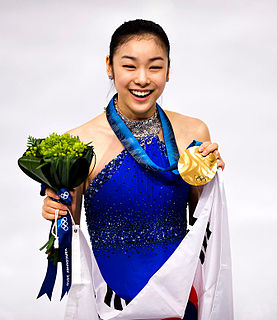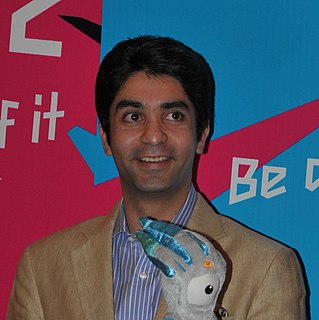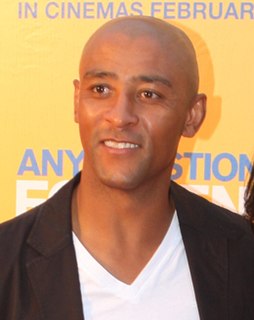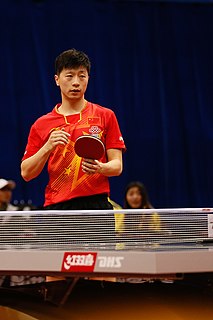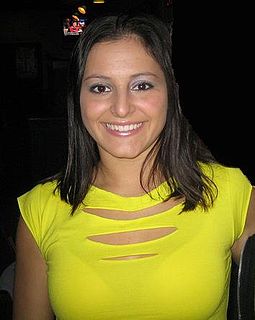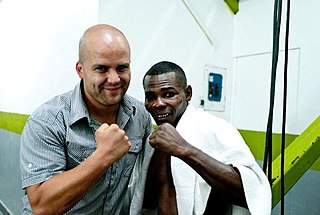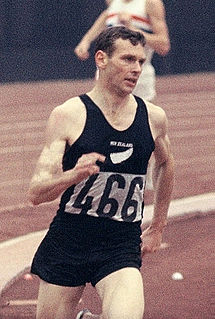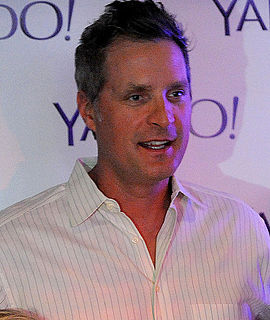A Quote by Michael Johnson
I had already been into my professional career for six years and had not won an individual gold medal at the Olympics. There was a tremendous amount of pressure going into 1996 to get it done.
Related Quotes
Patience is a part of boxing. After I had missed out on the Olympic gold medal in 1984, a lot of people tried to talk me into turning professional quickly to make money. They told me that the next Olympics in Seoul would be boycotted again, that I was wasting my life, blah blah. But I still had unfinished business. I wanted the gold medal, and I got it in ?88. Only then was I ready to turn professional.
I was told that there are about 900 gold medal winners in American Olympic history. When I thought about the number 900, I wondered how many kids that are influenced by a gold medal ever get to see a gold medal. What I thought was really neat was that I've already had a couple hundred kids touch my gold medal.
When Olympic decathlon gold medalist Bruce Jenner asked a roomful of Olympic hopefuls if they had a list of written goals, every one raised their hands. When he asked how many of them had that list with them right that moment, only one person raised their hand. That person was Dan O'Brien. And it was Dan O'Brien who went on to win the gold medal in the decathlon at the 1996 Olympics in Atlanta. Don't underestimate the power of setting goals and constantly reviewing them.
Teofilo Stevenson won his first Olympic gold medal in 1972 and his last world amateur championship in 1986. He won 302 fights and once went an unbelievable 11 years without a loss. Had Cuba not boycotted the 1984 Summer Olympics, many think Stevenson would have won an unmatched four gold medals in boxing.
